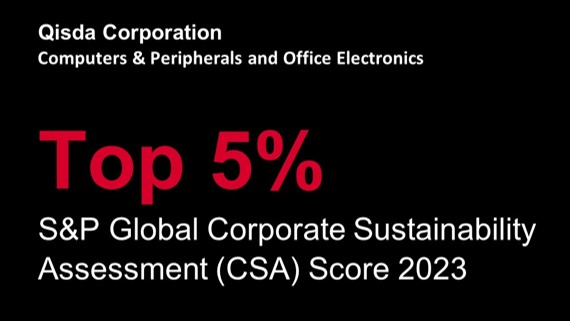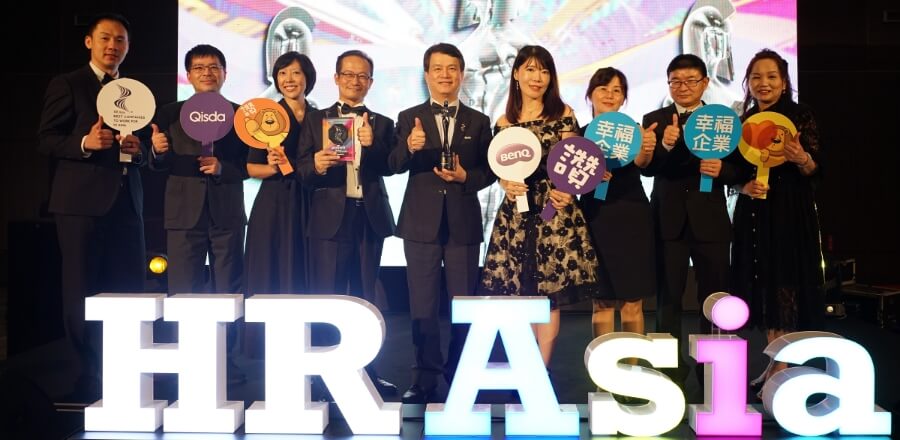Qisda has successfully passed the verification of its carbon reduction targets through the Science Based Targets initiative (SBTi)




Qisda has successfully passed the verification of its carbon reduction targets through the Science Based Targets initiative (SBTi)
March 01,2024
Share
-
-
-
copy
On March 1st, Qisda Technology announced that it has successfully passed the target verification review by the Science Based Targets initiative (SBTi), an international authority on climate change. Qisda set its carbon reduction targets within the scope of its financial statements, aiming to align with the standards set by the United Nations Climate Summit's Paris Agreement to limit global warming to 1.5°C.
Qisda has announced that, using 2021 as the baseline year, the company aims to achieve a 42% reduction in Scope 1 and Scope 2 greenhouse gas emissions by 2030, as well as a 25% reduction in Scope 3 greenhouse gas emissions.
It is understood that Qisda's main source of emissions in its operations comes from Scope 2 purchased electricity use, accounting for approximately 90% of Scope 1 and Scope 2 emissions. To achieve its carbon reduction goals, Qisda officially joined RE100 in December 2022 and actively promotes self-built renewable energy and energy storage systems at its manufacturing plants. Through initiatives such as upgrading old equipment, implementing energy-saving measures, procuring renewable energy, and reducing the use of fossil fuels, Qisda has initiated carbon reduction actions.
In terms of Scope 3 emissions sources, they mainly come from raw material procurement, services, and product usage stages. Qisda has established sustainable supply chain management to assist suppliers in conducting carbon footprint assessments, aiming to reduce the carbon footprint of the entire supply chain. At the product level, Qisda is committed to implementing green design, creating low-carbon products, further reducing product energy consumption, and minimizing material usage to achieve comprehensive carbon reduction goals.
Qisda emphasized that SBTi is the world's first framework to establish net-zero carbon standards for businesses, advocating for a science-based approach to assist companies or organizations in setting short-term and long-term carbon reduction goals. It provides clear pathways for emissions reduction and guidance and tools needed to achieve those goals. By the end of 2023, a total of 4,204 companies worldwide have received SBTi verification, doubling from 2022. Over one-third of the global economy's companies have set or committed to science-based carbon reduction targets, actively joining climate action initiatives.











